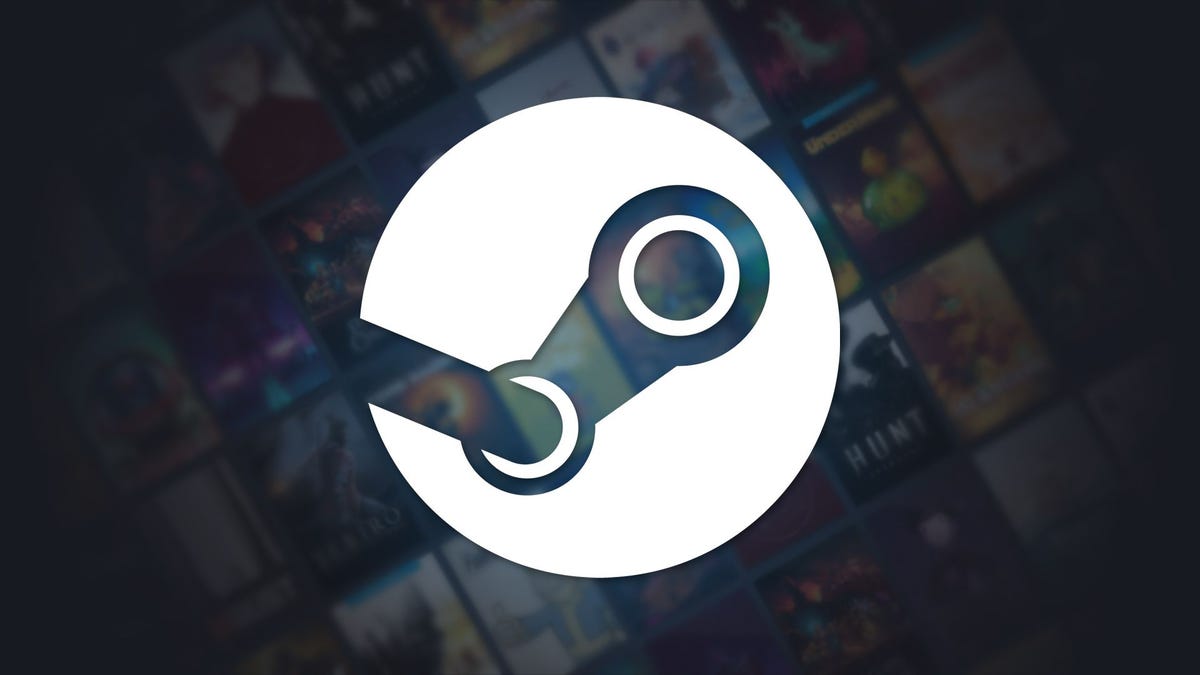In case you, like most individuals on Earth, a frequent cellular gamer, you’ll be all-too conscious of the bane of in-game adverts. As a result of the freemium mannequin proves by far essentially the most profitable strategy to launch video games on telephones, you pay by sitting by agonizing adverts with pretend countdown timers, ‘x’ buttons that don’t shut something, and faux-interactivity designed to trick you into tapping by to the shop. Valve has now made it abundantly clear that something like this on their PC retailer means an instantaneous ban.
As noticed by GamingOnLinux, Valve’s encyclopedic Steamworks Documentation has been up to date to refuse to promote any recreation that depends on in-game promoting for its enterprise mannequin. Meaning no video games can require gamers to look at adverts to have the ability to play, nor cover any components of a recreation behind a business. And it goes additional, banning using viewing adverts to achieve in-game benefits, rewards, or time.
“Builders shouldn’t make the most of paid promoting as a enterprise mannequin of their recreation,” say Valve’s directions, “resembling requiring gamers to look at or in any other case have interaction with promoting as a way to play, or gating gameplay behind promoting. In case your recreation’s enterprise mannequin depends on promoting on different platforms, you will have to take away these components earlier than delivery on Steam.” The corporate suggests switching to an up-front cost, or retaining the sport “free” however retaining upgrades as paid DLC. The foundations then say,
Builders shouldn’t use promoting as a manner to offer worth to gamers, resembling giving gamers a reward for watching or partaking with promoting of their recreation.
For individuals who by no means play video games on cellular, these may appear fairly weird issues to wish to rule out: whereas video video games have, for many years, included in-game adverts (and even existed to be promoting), gatekeeping precise play behind commercials has solely been a really occasional, very egregious matter. On cellular, it’s the norm.
In case you’ve performed a match-3, or a merger recreation, or any variety of mock-RTS video games, you’ll be very conversant in the requirement to sit down by 30 seconds of a puzzle recreation being performed infuriatingly badly, or a flashing icon begging you to faucet on a military unit, or essentially the most terribly high-quality CG animation selling a recreation that performs prefer it was made on a VIC-20. A tiny circle counts down from 30 seconds, after which the advert doesn’t finish, after which it cuts to a brand new display with a brand new timer, changed by an ‘x’ so tiny that if you happen to don’t faucet it with a tungsten needle it’ll take you to the shop web page. In spite of everything that, you’ve now obtained sufficient imaginary power to take two extra turns on the recreation you would like you had been allowed to get pleasure from.
That is, nevertheless, terribly worthwhile, and whilst you and I’d scream into the void that we simply wish to pay $5 to personal the sport outright, the second you place a worth on an unknown cellular recreation it’s doomed to obscurity. And whereas Steam might not have been affected by the identical points, it makes lots of sense for Valve to make these guidelines clear for these hoping to only port their recreation and enterprise mannequin over to PC, wholesale.
If something, it’s very stunning that this isn’t already a hearth that wants placing out, quite than some preventative measures. The cellular market proves which are squillions of people who find themselves content material to sit down by numerous adverts to play video games, so that you’d suppose there would have already been an even bigger push to see if the identical might occur with PC’s free-to-play audiences. Small mercies, I assume.
Valve makes clear firms can nonetheless promote in video games. These awkward billboards and real-world model cosmetics are nonetheless tremendous to incorporate, though Steam does stipulate that these should not be “disruptive” and are “applicable inside the context of the sport.”
It’s value noting this does additionally block earlier gross conduct we’ve seen from the most important names, the likes of 2K, filling basketball video games with unskippable adverts and so forth.
.

